On the day of the presidential election, with great anticipation of a nation’s changing tune in the air — New York City Center’s new limited-run of Ragtime reaches a stunning crescendo on stage in Midtown West. The performance is the famed theater’s annual Gala presentation premiering Oct. 30 through Nov. 10. The simple, yet powerful, production could not come at a more precise time in American history.
Ragtime, first debuting in 1996, is a musical about social upheaval in a changing America, following three converging fictional storylines: a wealthy white family in New Rochelle, a Black musician from Harlem, and a Jewish immigrant from Latvia who arrives in America in 1906 to start a new life. These three fictional threads feature historical figures representing each identity group — the African American educator Booker T. Washington, political activist Emma Goldman, magician Harry Houdini, industrialist Henry Ford, and American financier J.P. Morgan.
An impressive cast breathes new life into this revival, featuring Tony-winner Brandon Uranowitz as Tateh, Grammy-winner Joshua Henry as Coalhouse Walker Jr., and Broadway veteran Caissie Levy as Mother. The cast is a meeting of Broadway’s greatest vocal powerhouses, who give incredible, emotionally-driven performances: touching and vulnerable while also hitting the audience with humor at every turn.
The true impact of this production lies in Ragtime’s storyline as it is set against the backdrop of our current political climate: a tumultuous time of cultural reckoning. Though Ragtime has not seen a Broadway stage in over two decades — and the show takes place almost a century before that — the themes and lyrics capture many of the same challenges, fears, and sufferings that Americans face today. Alongside showcasing how far we’ve come since the turn of the 20th century, Ragtime reveals what we still have to fight for on today’s ballot.
The core tension in Ragtime is illustrated first by the prologue which produces the lyrics, “There was distant music / Skipping a beat, singing a dream.” The distant music, in this case, is alluding to the rise of ragtime music — a new genre introduced by Black jazz musicians — and the figurative music of a new social climate. The lyrics in the prologue hinge on the false promise of the American Dream: justice, liberty, and freedom for all. Each character yearns to live in the America which they want to believe is devoted to these ideals, yet they are quickly shown that any dreams of freedom will be beaten down by patriarchal and capitalist power.
Ragtime’s core characters stand on the precipice of a changing, but turbulent world. Mother, a New Rochelle housewife, grapples with gaining and holding onto her autonomy under the heavy hand of patriarchal pressures. There is Tateh, the Jewish immigrant who struggles to make a living on the city streets while providing a better life for his young daughter. Sarah, a Black woman who, afraid and alone, decides to bury her newborn baby before being taken under the care of Mother. And finally, Coalhouse Walker Jr., who seeks to find justice in a system that simultaneously neglects and targets Black Americans.
The relevance of these narratives in our current political climate is not lost on Ragtime’s New York audience; New Yorkers’ sitting in the second row might have seen migrant mothers with their children selling candy bars in the subway to pay for housing, on their way to the performance. The audience lives in a country where the American characters on stage face struggles that still exist in the city outside the theater, and the country where they currently are residing in at large. Women’s bodily autonomy, the ability for migrants to live in humane conditions and receive public services, and the fate of our justice system are on the ballot. If nothing else, this musical is a call to action.
The song “Wheels of a Dream,” sung by Coalhouse (Joshua Henry) and Sarah (Nichelle Lewis) paints a different image of America than that of the anxiety and impending doom that currently reside in the air. In the duet — which was met with a standing ovation at Thursday night’s performance — the couple sing of times changing and seeing America as a place where justice is in reach. It is not hard to believe their picture of social mobility and fairness.
Just as the audience is feeling this rare sense of hope, tragedy strikes and Sarah is killed by white policemen as she is attending a vice presidential candidate’s campaign rally . Police brutality and systemic injustice as they are presented on this stage are not remotely foreign to our current social climate. The fate of Ragtime’s Black characters depict how Black voices are easily eradicated from the narrative either through violence or disenfranchisement. With Black Americans as an important constituency for the presidential ticket, it is crucial that these issues are acknowledged and acted on by the winning presidential nominee.
As for Vice President Kamala Harris specifically, her campaign’s slogan, “We’re Not Going Back” is eerily echoed in Ragtime’s musical lyrics. The second — but not the last — standing ovation was given to Caissie Levy’s powerful solo performance of “Back to Before.” The song portrays Mother’s world as being permanently influenced by the changing political climate. As she is privy to glimpses of new freedoms, political and social complacency is made impossible. Her eyes are now open to a world in which she has self-determination to make decisions about her family’s life without a male figure to carve out choices for her. Levy’s spirited voice leaves the last lyrics hanging in the air as she stands in the spotlight, singing, “We can never go back to before.”
Ragtime’s simple production, with minimal set and staging, leaves lots of room for grand performances to grace the stage. At times it is more similar to a musical concert than a full fledged Broadway production. However, this simplicity actually allows the emotion and urgency to shine; it allows for tears, laughter, and challenges the audience to reconcile with the unresolved pain presented in the storyline. From New York City Center’s stage to the city streets, the show’s message translates into a call for action to which there is no better time to act.
Find your NYC polling site here.

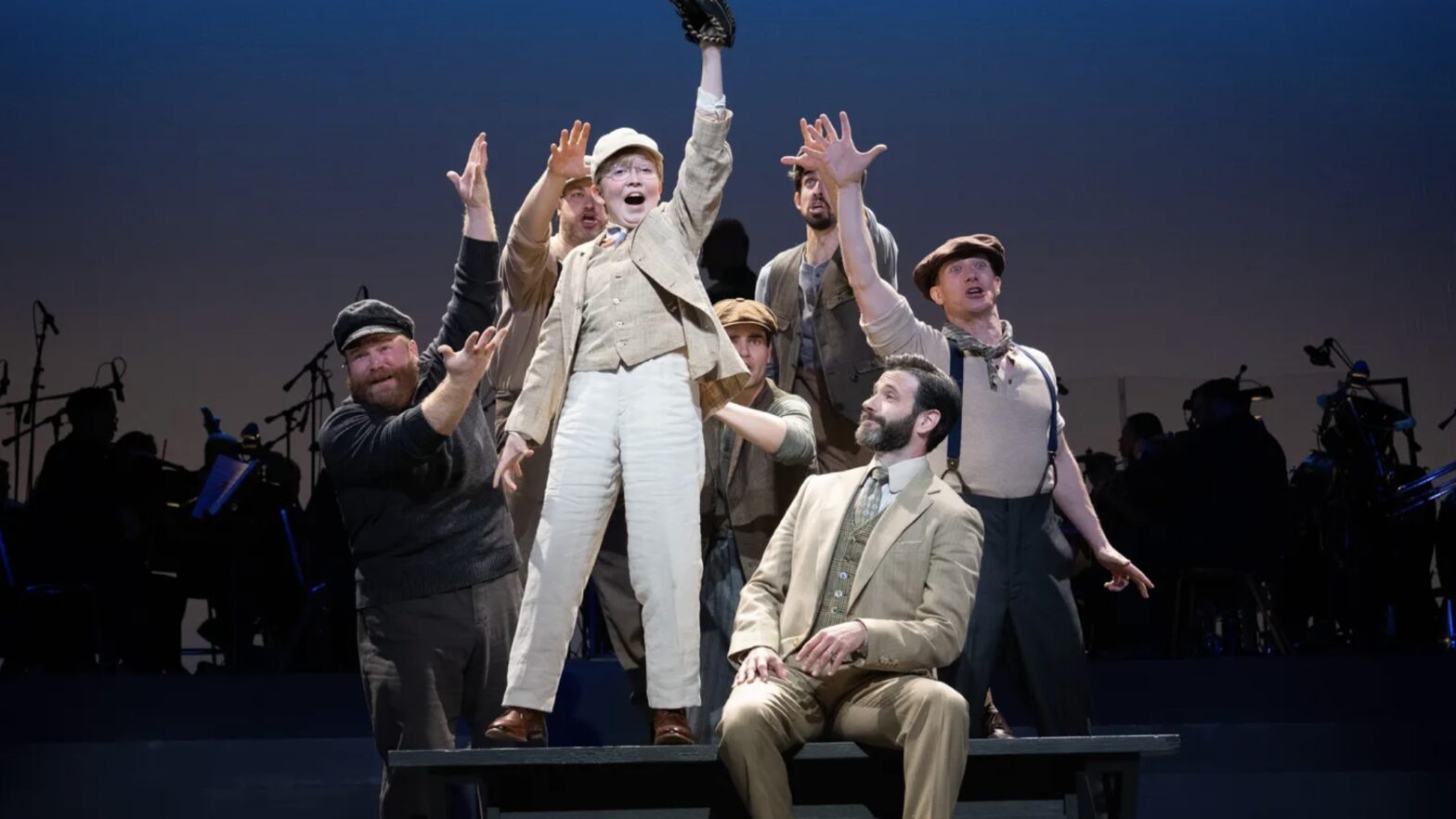
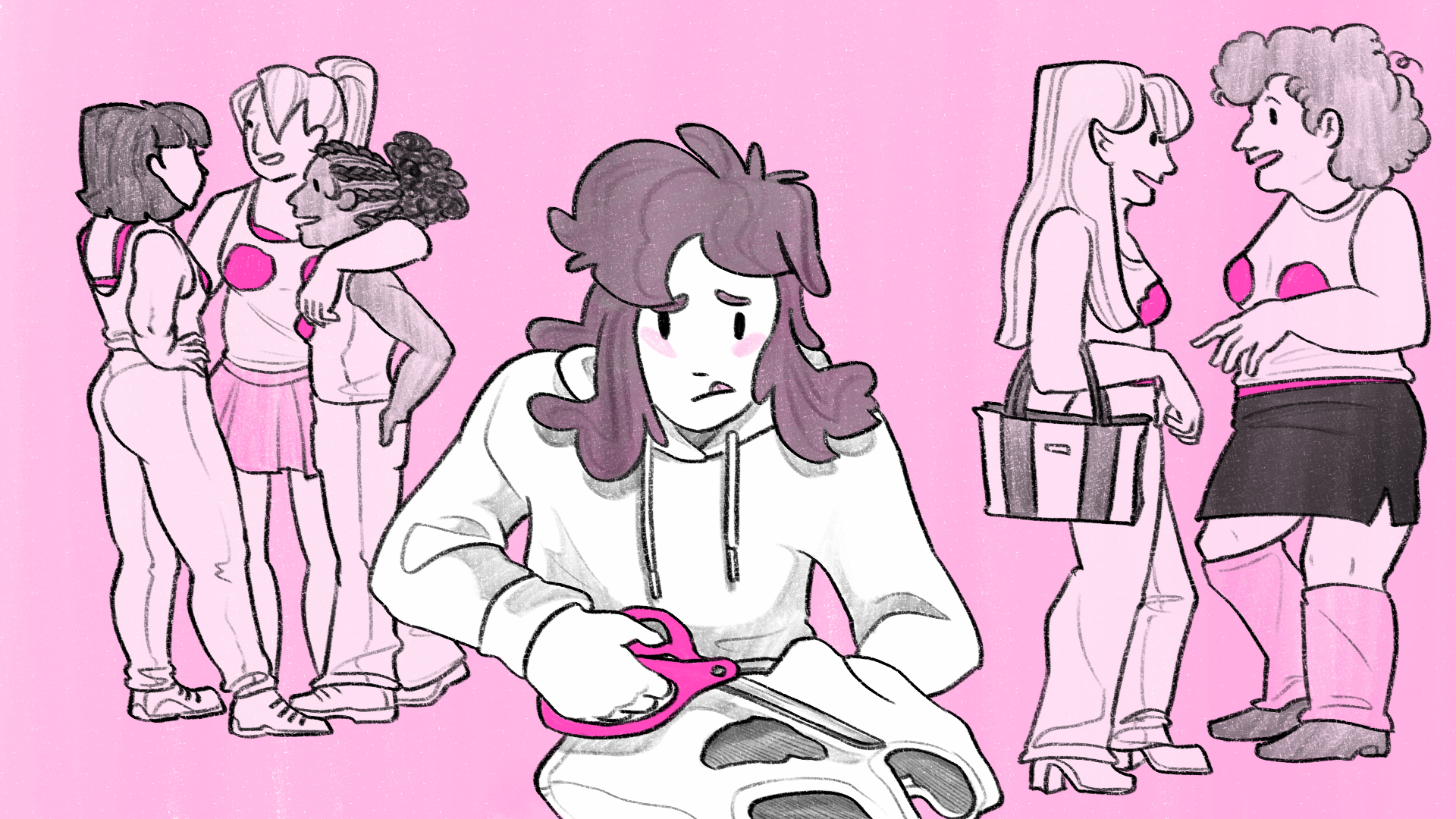
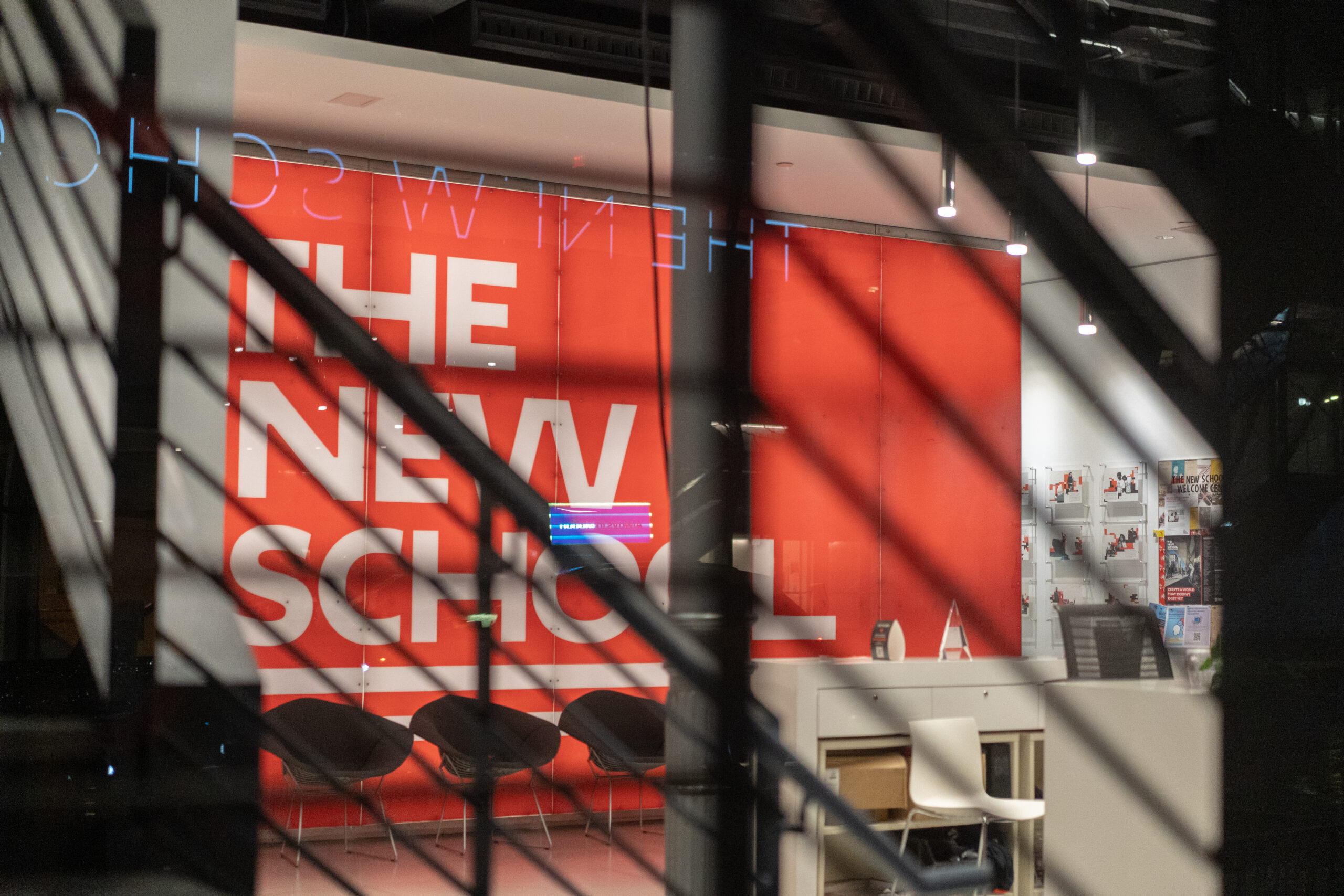
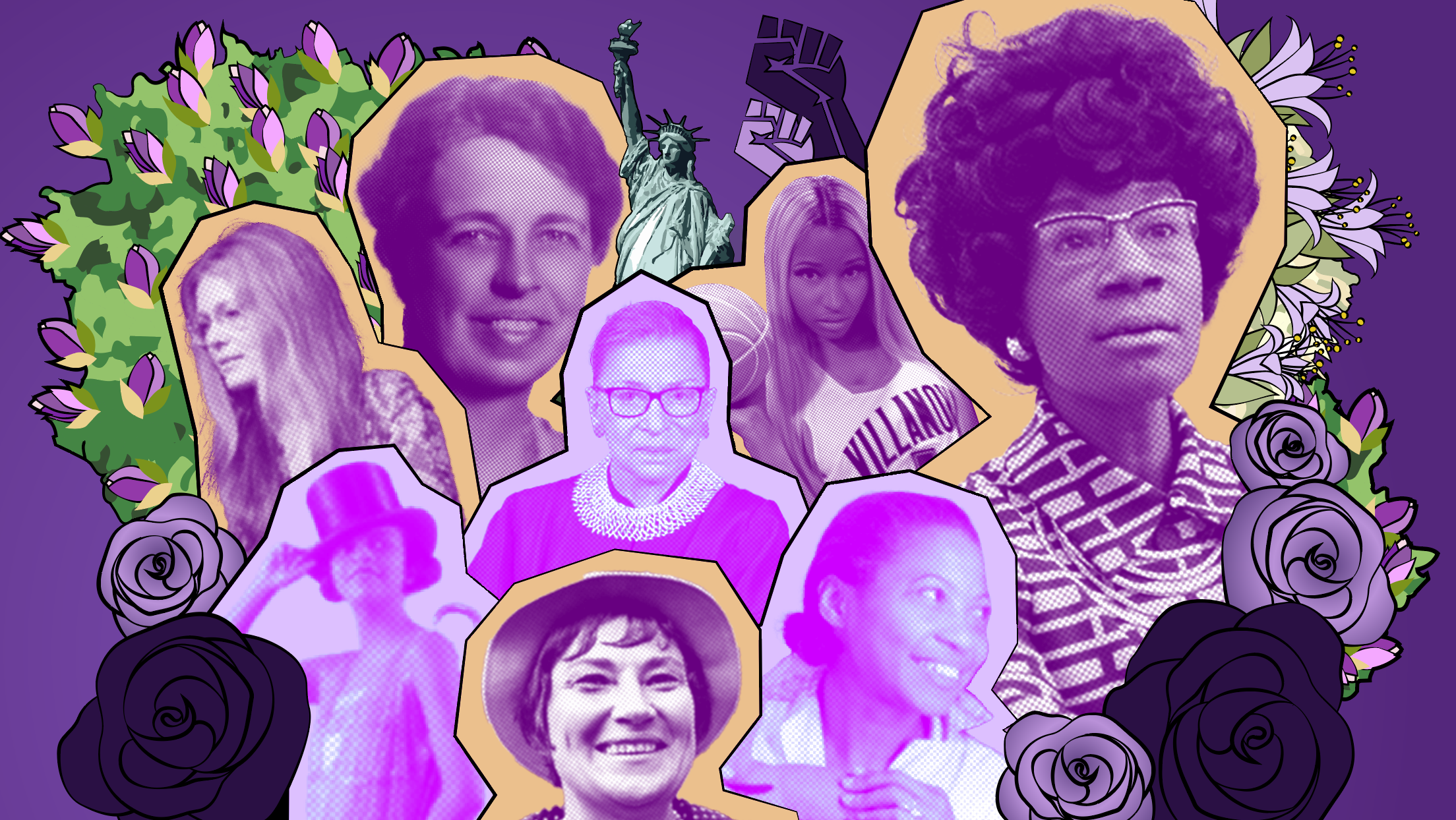

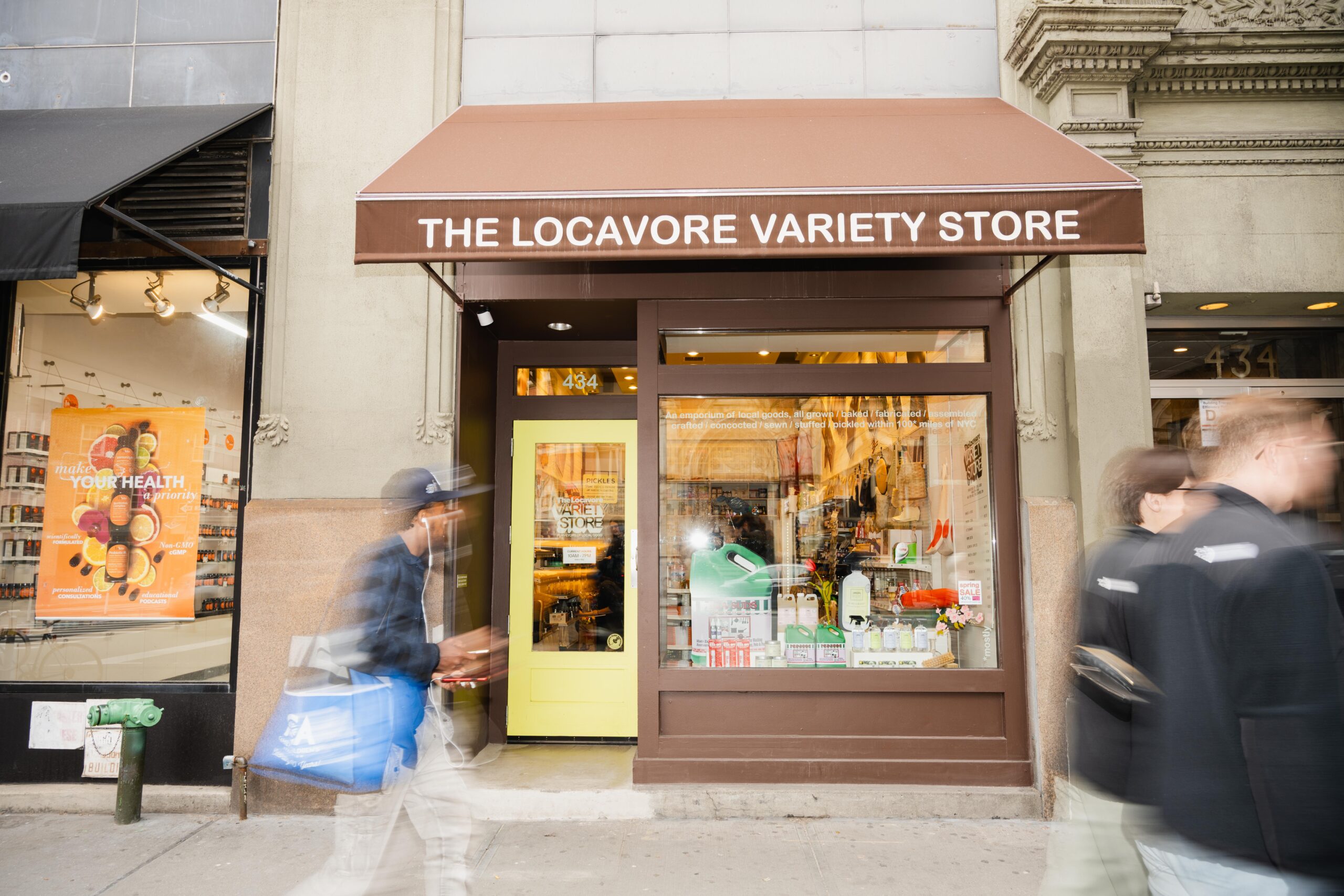
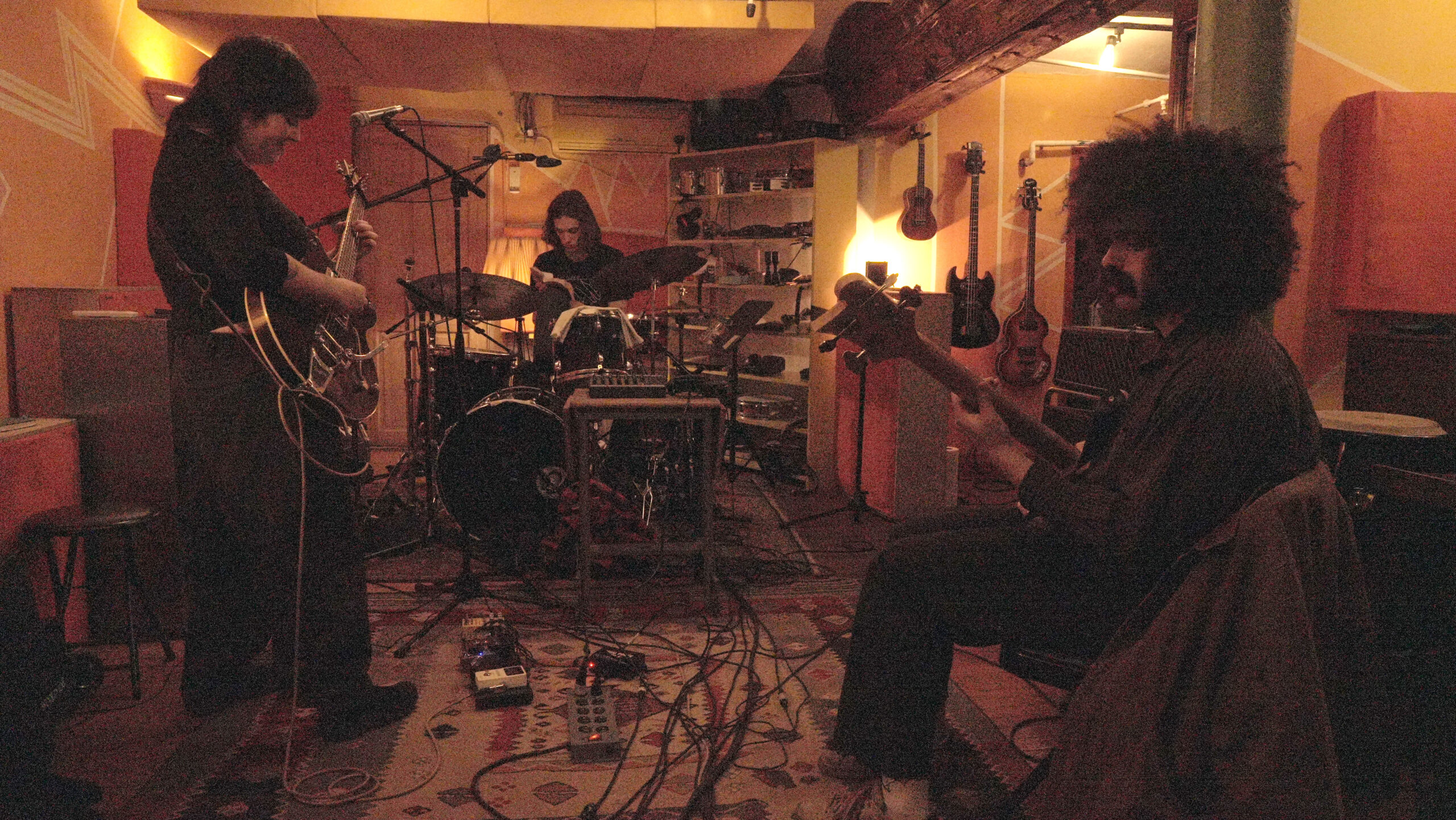
Leave a Reply